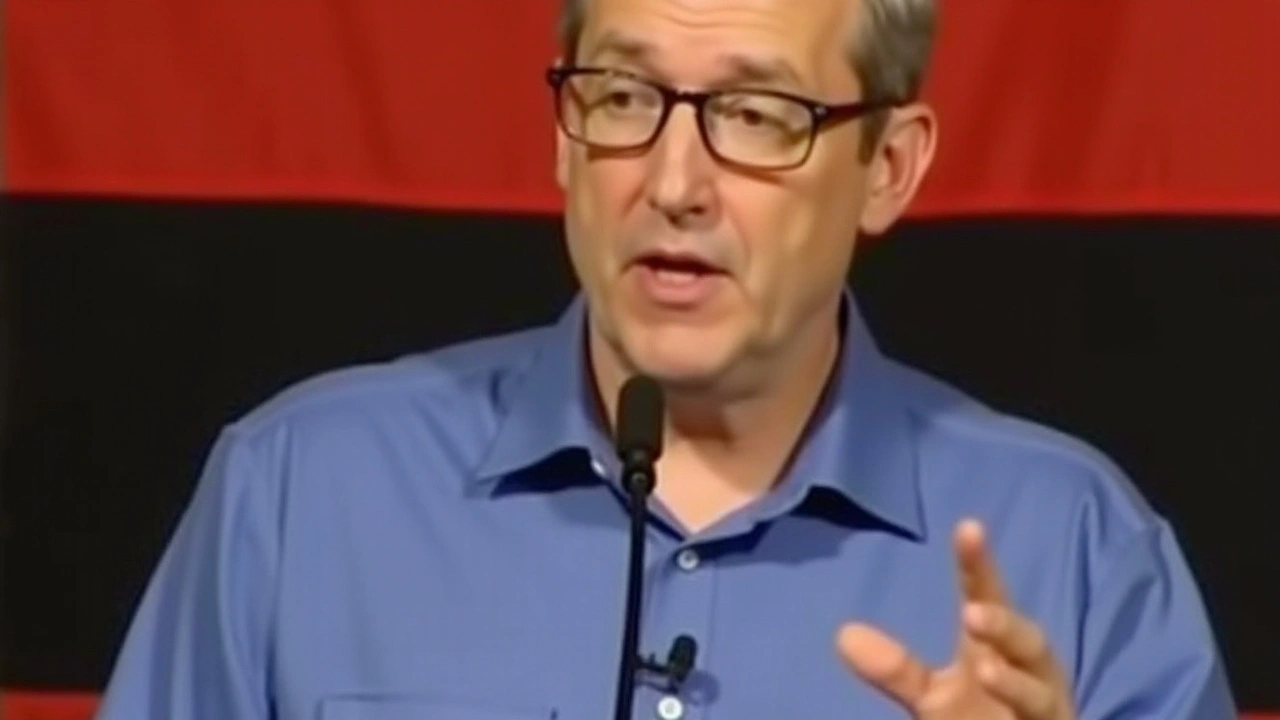Few African leaders have stirred as much conversation as Paul Kagame, Rwanda’s president. Whether you follow African politics closely or just catch headlines, Kagame always seems to feature when big decisions hit the continent. What’s so unique about his leadership style? For starters, he’s credited with turning Rwanda’s fortunes after the 1994 genocide, molding the country into one of the fastest-growing economies in Africa. At the same time, critics question his tight grip on power and the cost of rapid progress.
Rwanda under Kagame looks nothing like it did three decades ago. The capital, Kigali, is now known for its clean streets, growing tech scene, and a bustling café culture. Kagame likes tech. He’s pushed for digital innovation, with government services moving online and a growing push to turn Rwanda into Africa’s Silicon Valley. Want a passport or business license? It’s all going digital.
Kagame’s approach to leadership is straightforward, firm, and sometimes controversial. The man doesn’t shy away from tough decisions, and he’s known for speaking bluntly on international stages. At big events like the African Union summits, you’ll see him calling for more African solutions to African problems. Kagame’s not a fan of waiting for help from the West. He often challenges aid dependency, encouraging homegrown investments and pan-African projects—like easier cross-border trade and transport.
The Kagame government is also all-in on conservation. The comeback of Rwanda’s mountain gorillas is one of the continent’s top wildlife stories. Strict park management and controlled tourism have helped protect biodiversity, making the country a go-to spot for eco-tourists. Game farms and wildlife reserves—hot topics across Africa—are core to Kagame’s development plans. They don’t just attract tourists; they create jobs and keep rural economies alive.
But the story doesn’t stop at bright city lights and gorilla selfies. Paul Kagame faces strong criticism from watchdog groups. Opponents, media, and international observers have raised alarms about freedom of speech, political opposition, and press rights. Elections in Rwanda almost always end in landslides for Kagame, and some wonder what voice ordinary Rwandans actually have in their government.
Still, Kagame’s name comes up whenever leaders talk about strong state control mixed with economic reforms. He’s become a model for some, a warning for others. Everyday people looking at Rwanda see both the promise of a new Africa and the tricky balance between growth and freedom.
If you want clear, up-to-date news and honest analysis on Paul Kagame, keep checking this page. We cover his latest moves, what they mean for Rwanda, and how his policies affect the rest of Africa.

Rwandan President Paul Kagame's warning to South Africa signals a dramatic escalation in tensions centered around the complex conflict in the Democratic Republic of Congo (DRC). The confrontation stems from allegations by South African authorities, pointing fingers at Rwanda’s military and the M23 rebels, over the fatal incident involving 13 South African peacekeepers. As diplomatic strains deepen, both nations resist retreating from hardened stances.
Read More >>